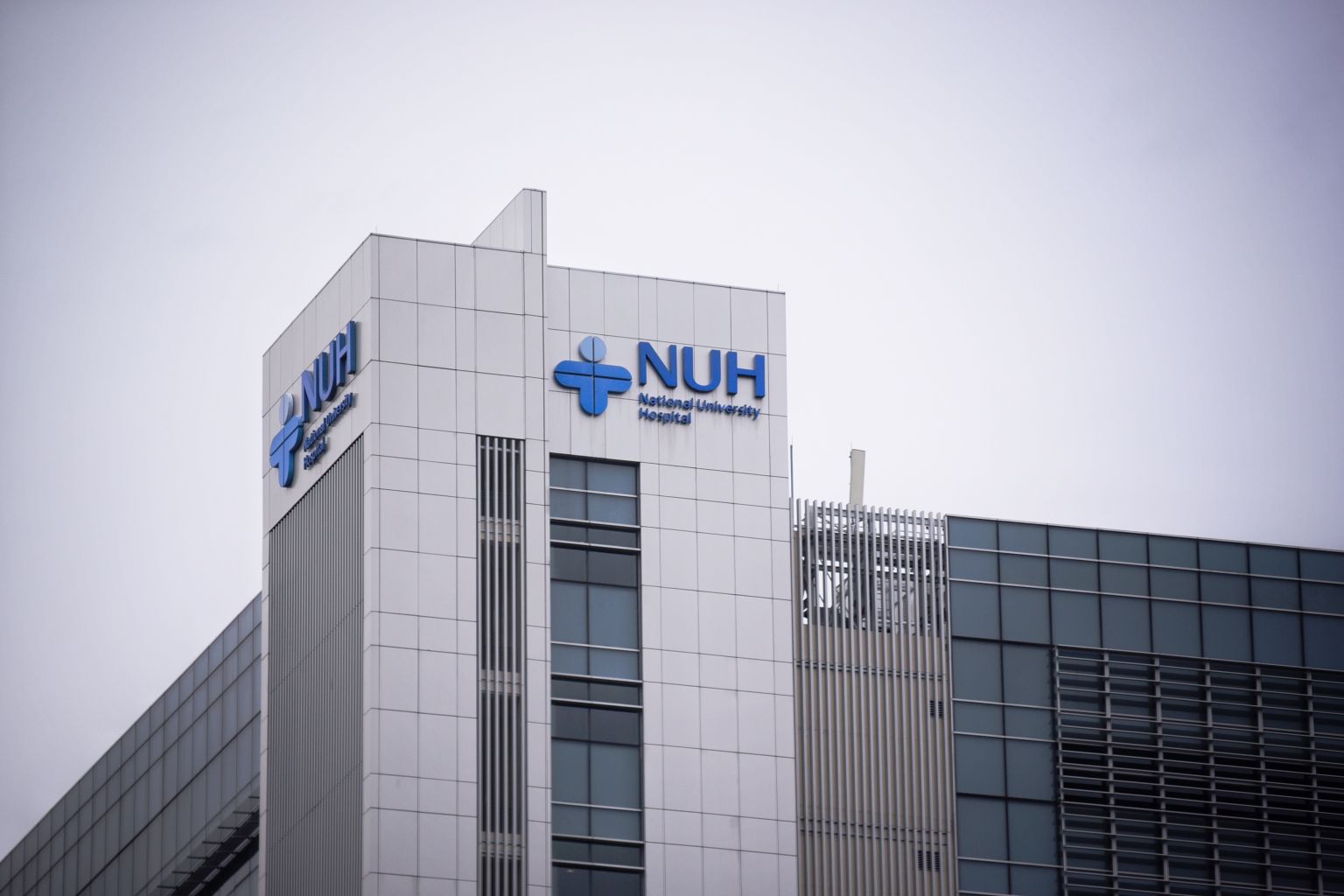Teen who suffered cardiac arrest after Covid-19 jab out of high dependency ward
Sign up now: Get ST's newsletters delivered to your inbox

The teenager was in a high dependency ward in the coronary care unit of National University Hospital.
PHOTO: ST FILE
Follow topic:
SINGAPORE - The 16-year-old boy who suffered a cardiac arrest after taking the Covid-19 vaccine in early July is currently in a general ward and is "responding very positively to treatment", said the Ministry of Health's (MOH) group director of the crisis strategy and operations group, Mr Dinesh Vasu Dash, on Tuesday (Aug 3).
The teenager had collapsed at home on the morning of July 3, shortly after a strenuous weightlifting session, six days after his first dose of the Pfizer-BioNTech/Comirnaty vaccine.
The boy had lifted weights almost twice his body weight, and he had also been taking some supplements, Singapore's director of medical services Kenneth Mak said last month.
Investigations were launched to determine the cause of the boy's cardiac arrest. It remains unclear if the incident was linked to his vaccination.
On July 15, the ministry updated that the teenager was out of intensive care and was in a high dependency ward in the coronary care unit of National University Hospital.
On Tuesday, Mr Dinesh said: "He was in ICU for quite a while. Thankfully, he's back to a general ward right now and responding very, very positively to the treatment."
Mr Dinesh was delivering a virtual lecture about Singapore's Covid-19 vaccination programme at the Singapore Healthcare Management Congress, with about 1,800 healthcare leaders here and abroad tuning in.
He also gave credit to the teen's brother who jumped to his aid with timely cardiopulmonary resuscitation (CPR) after he collapsed.
"Credit to the brother because I think the brother did the initial CPR and that was, according to what I'm told, absolutely excellent," said Mr Dinesh.
"And the medical professionals who took care of him (the boy) - I think they did an excellent job, and he's now on the road to recovery," he added.
"I think it's fortuitous that he is very young and therefore his ability to recover is much better in this particular case."
Mr Dinesh gave an update on the boy's health after some of the webinar's attendees asked when children below 12 can be vaccinated against Covid-19.
He responded that it is unlikely that the vaccination programme will be expanded to children below 12 now, but it may happen next year.
"We are not quite sure of vaccinating those below the age of 12 as of now. I think it will take us some time to get there, probably next year, from what I'm hearing and seeing," he explained.
Adolescents aged 12 and above are eligible for the Pfizer-BioNTech/Comirnaty vaccine, while those aged 18 and up can take the Moderna vaccine.
However, these two vaccines under the national vaccination drive have not yet been approved for children below 12.
MOH's website stated that trials are still ongoing for children below the age of 12.
Pfizer-BioNTech and Moderna have begun trials for their respective vaccines for children aged five to 11. Pfizer has said that it expects to have results for children aged five to 11 in September, and for those aged two to five shortly after that.
Mr Dinesh added that Singapore will take a cautious approach, and study the science before allowing children below 12 to get vaccinated.
As at June 30, the Government received 12 reports of myocarditis, or inflammation of the heart muscle, and pericarditis, inflammation of the lining outside the heart, in people after receiving an mRNA vaccine dose.
Seven of the 12 cases were males aged 30 and below.
"As you know, there was a light signal of myocarditis and pericarditis among those who are above 16 and in their 20s. Thankfully, the numbers are very, very small and thanks to the healthcare system they were detected very quickly and they recovered," Mr Dinesh updated.
During the lecture, Mr Dinesh also noted that those below 12 make up about half a million people in Singapore.
If everyone above 12 gets vaccinated, Singapore vaccination rate would be at 90 per cent.
To reach a certain degree of herd immunity, 80 per cent of the population must be vaccinated, and the country is looking to get there in early September, he added.

